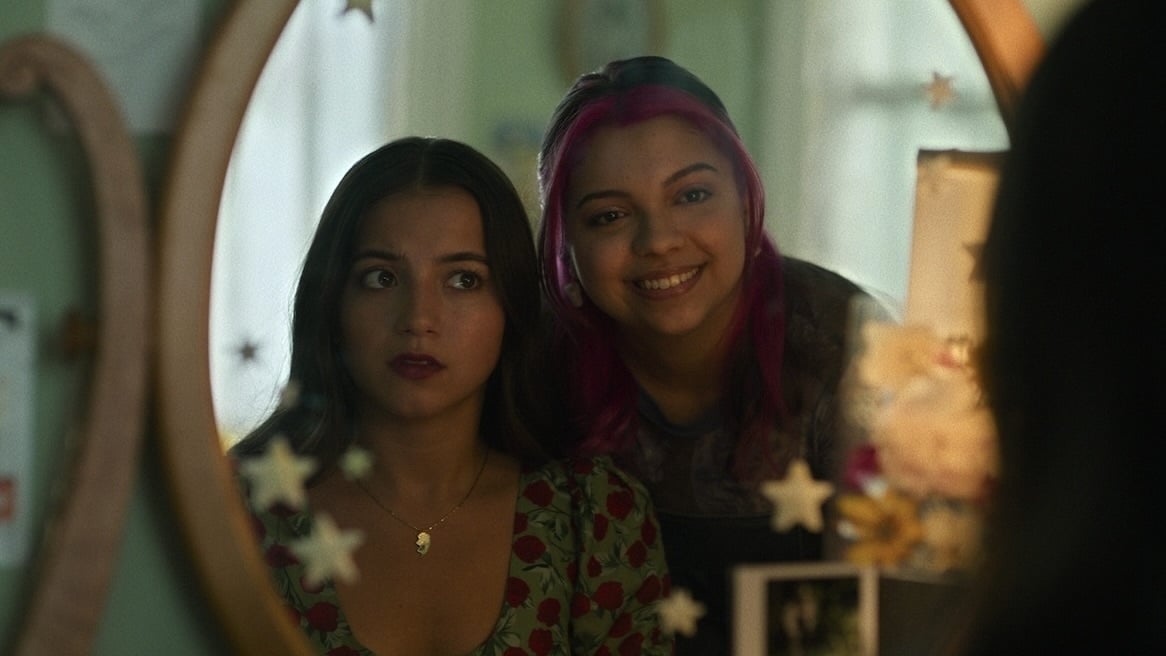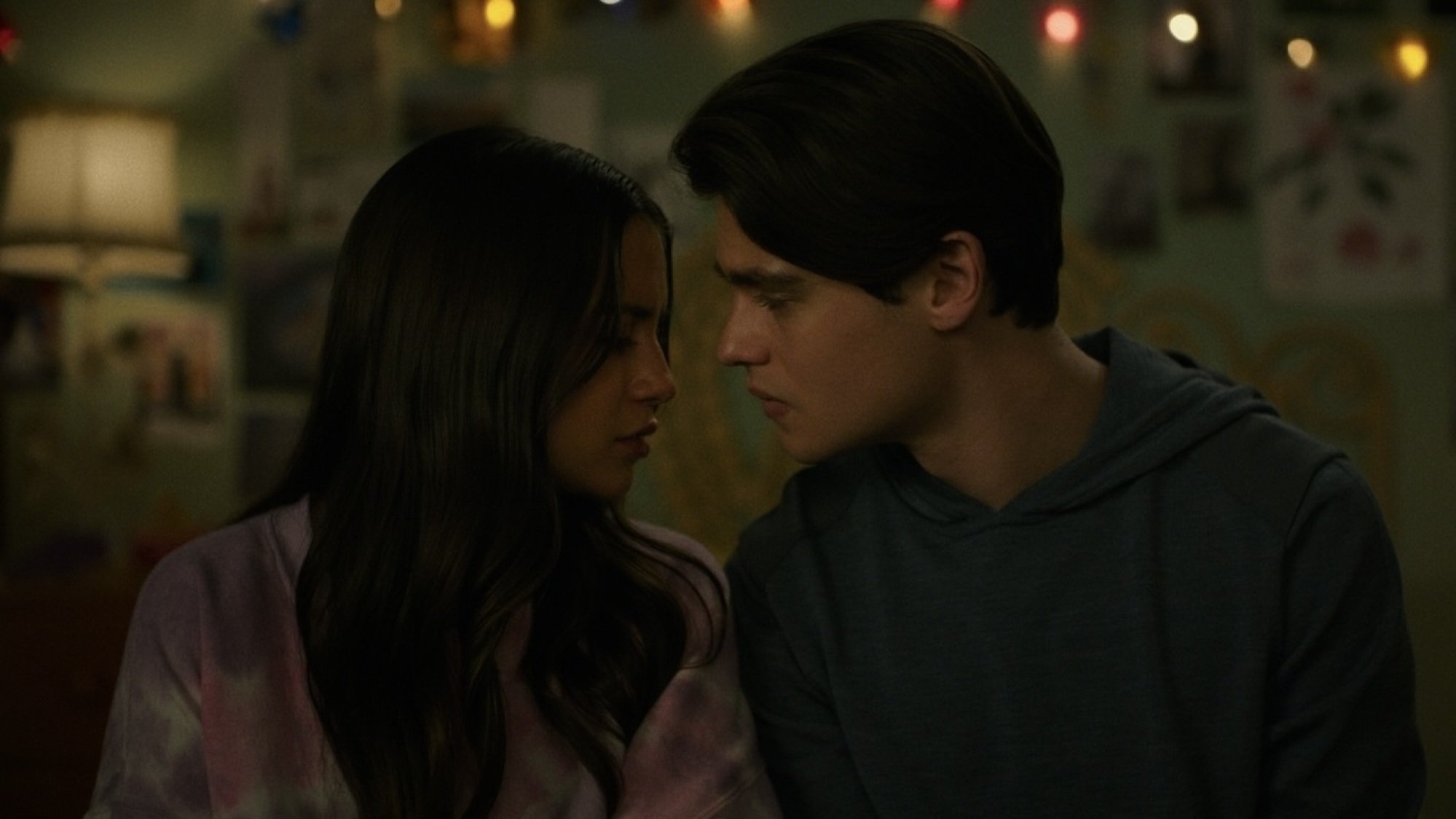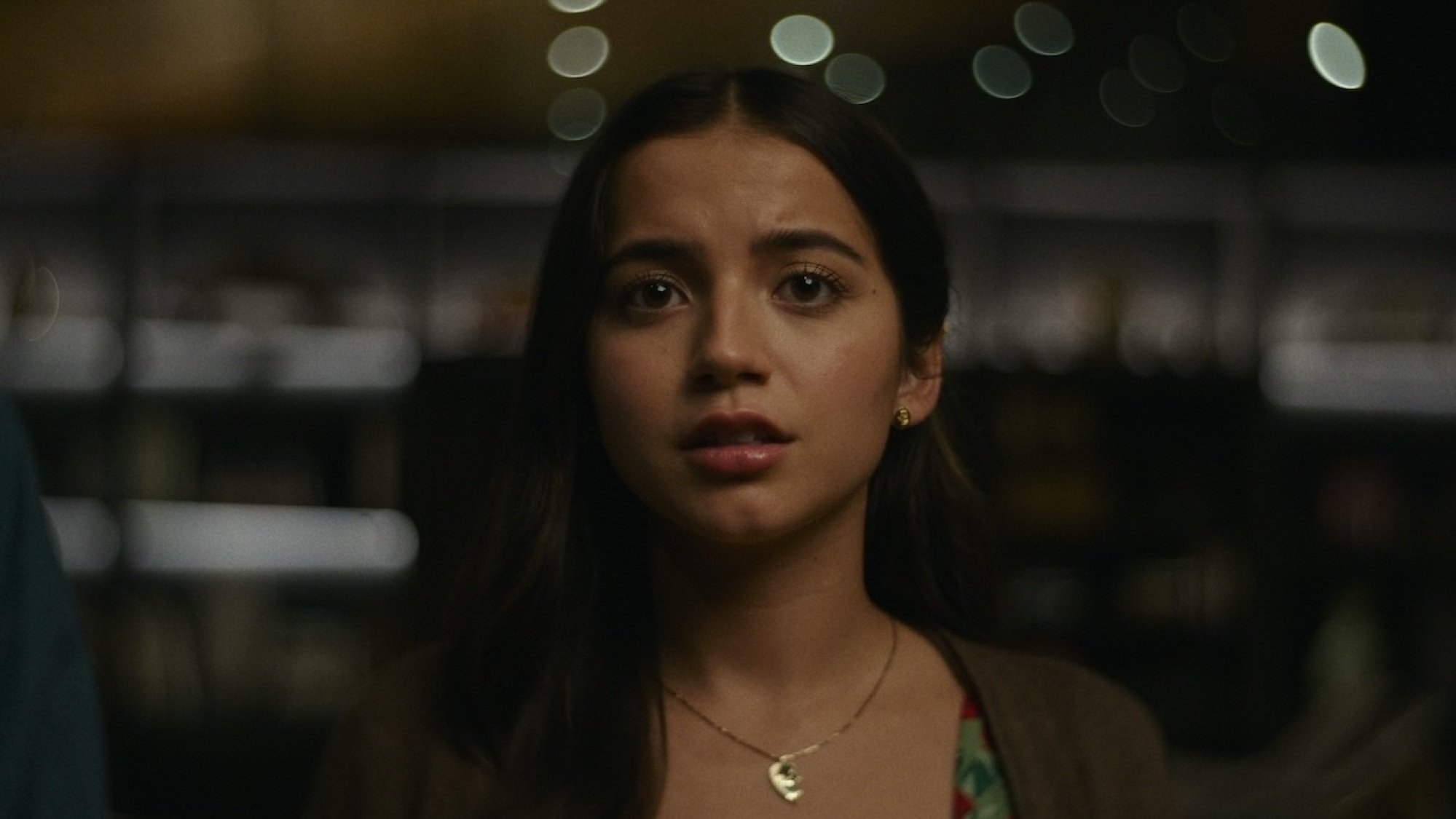‘Turtles All the Way Down’ review: John Green adaptation is a visceral depiction of life with OCD

Author John Green has a knack for putting readers in the shoes of complicated young adults, from the cancer patients of The Fault in Our Stars to the boarding school crew of Looking for Alaska. But in his 2017 novel Turtles All the Way Down, Green goes deeper into the mind of his protagonist than in any of his other books; that’s a necessity, given that Turtles All the Way Down is all about thoughts. Intrusive thoughts, thought spirals, panicked streams of consciousness — they’re all on the page, delivered through the unforgettable narration of 16-year-old Aza Holmes.
For Max’s film adaptation of Turtles All the Way Down, the question becomes: How do you translate all that interiority to the screen? And director Hannah Marks is more than up to the challenge, crafting a visceral portrait of mental illness as well as a touching coming-of-age story about friendship, first love, and the occasional missing billionaire.
What is Turtles All the Way Down about?

Turtles All the Way Down welcomes us to the life of Aza Holmes (Isabela Merced, Madame Web), a high schooler with obsessive-compulsive disorder (OCD). She spends her time hanging out with her best friend Daisy (Cree, And Just Like That…); driving around in her beloved car, Harold; and watching philosophy lectures by Northwestern’s Professor Abbott (J. Smith-Cameron, Succession).
At least, that’s what we see on the outside. On the inside, Aza is a storm of worries and intrusive thoughts. The latter is a term that has been co-opted, like so much therapy language, to describe something mundane and unrelated to the mental health context from which it stems. Yet in Turtles All the Way Down, which draws from Green’s own experience with OCD, these thoughts are specific, ever-present, and intense to the point of debilitation.
“Did you know that human beings are 50% microbial?” Aza ponders in voiceover as green microbes float across a dark screen. According to her, that means 50% of our bodies don’t belong to us — so who are we, really?
Aza’s fixation on microbiology doesn’t just stop at her musings on consciousness. She’s terrified of infection, especially C. diff. She uses copious amounts of hand sanitizer. She breaks and drains a callus on her finger multiple times a day in order to stave off contamination. In these moments, it’s nearly impossible to break her out of a destructive thought spiral, try as she — or Daisy, or her mother (Judy Reyes, Birth/Rebirth), or her therapist (Poorna Jagannathan, Never Have I Ever) — might.
As Aza struggles to contend with her own thoughts, adventure comes knocking when local billionaire Russell Pickett goes missing. There’s a hefty reward on the table — enough to help her pay tuition at her dream school, Northwestern — and she has the added benefit of knowing Russell’s son, Davis (Felix Mallard, Ginny & Georgia). The two met years ago at “sad camp,” a camp for children who have lost a parent, and she’s had a crush on him ever since.
With some prodding from the much more adventurous Daisy, Aza sets out to find Russell, inevitably reconnecting with Davis along the way. And while the hunt for Russell and the romance with Davis are certainly elements of Turtles All the Way Down, they are by no means the focus. In fact, they fade to the background fairly quickly. The resulting plotting is uneven, yet it makes room for what Turtles All the Way Down truly cares about, which is what’s going on inside Aza’s head.
Turtles All the Way Down‘s portrayal of mental illness will stick with you.

Like in Green’s novel, Turtles All the Way Down makes sure you’re in Aza’s head for every step of her journey. Her voiceover is near-constant, situating you in each of her thought spirals. Marks returns to the microbial imagery often, as well. Eerie footage of bacteria flashes onscreen like miniature jump scares. To see them is to be anxious, and to be anxious is to feel like Aza in these moments.
Perhaps most affecting are the scenes in which Aza breaks her callus and changes the Band-Aid she uses to cover it. Quick cuts show Aza digging her nail into her hand, small amounts of blood, and the wince of pain on her face. As someone who has a very hard time seeing even the smallest of hand injuries play out onscreen, there were several instances when I had to pause the film and quell my nausea. I had the exact same experience while reading the novel — one of Aza’s feelings being so fully embodied that her worries and physical reactions leapt off the page. It can feel overwhelming at times, both in the film and in the book, but that’s the sensation Turtles All the Way Down seeks to capture: how big these feelings can get, and how omnipresent they are at their worst.
Merced does admirable work here as Aza, with a grounded performance that never strays into any kind of caricature. And while the film’s romance pairs her with Davis, Turtles All the Way Down‘s real love story is the friendship between her and Daisy. Merced and Cree have sweet chemistry, with Cree’s enjoyably boisterous energy serving as the perfect foil for Merced’s more toned-down turn. One of the film’s most heartbreaking scenes is a blow-out fight between them, just as one of its sweetest moments is a hopeful scene of Daisy encouraging Aza.
But even then, Turtles All the Way Down doesn’t talk down to us. There are no neat answers or notions that Aza will never experience a thought spiral again. However, the film does leave us with the hope that she will find fulfillment in her life and relationships. And after spending time weathering the storm of her thoughts alongside her, that’s a necessary thing to hear, whether Aza’s experience is familiar to you or not.

